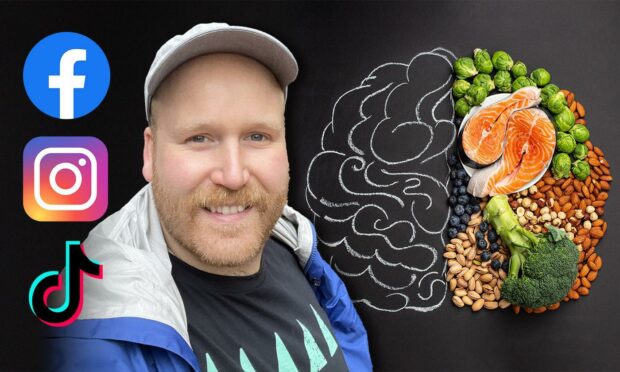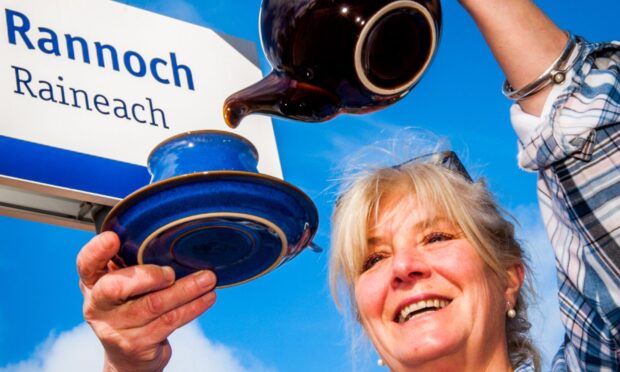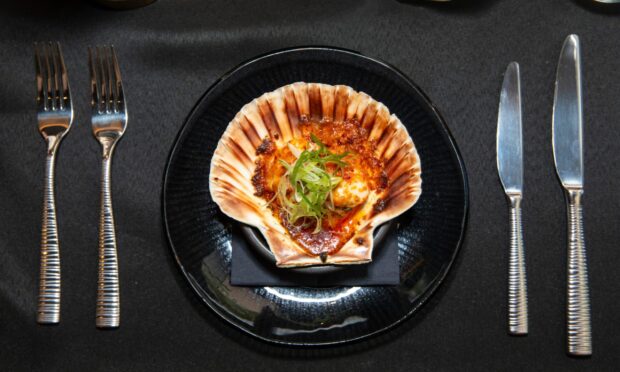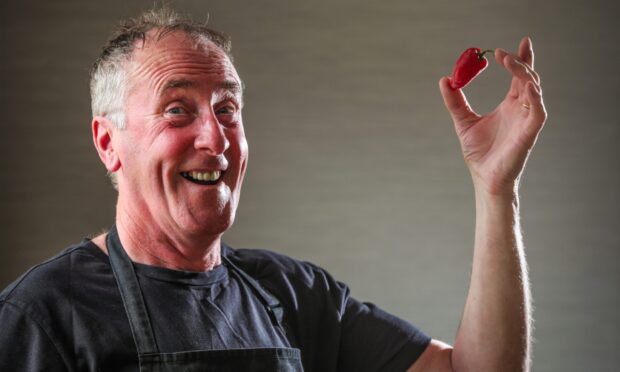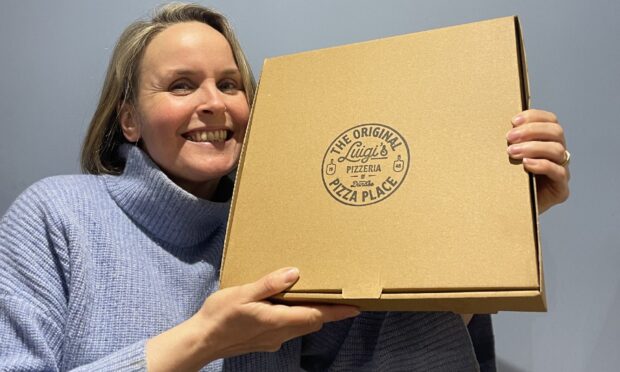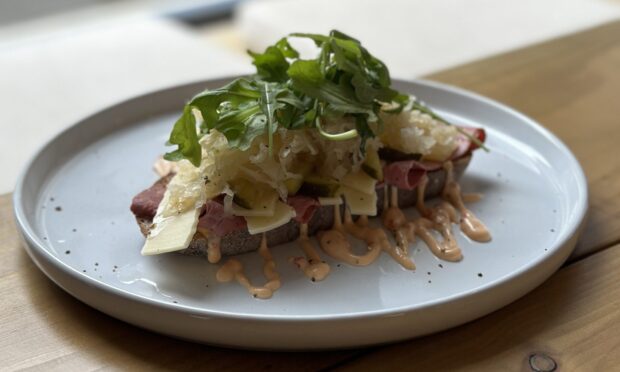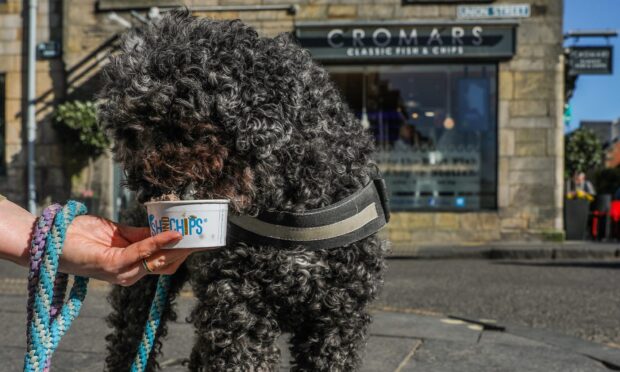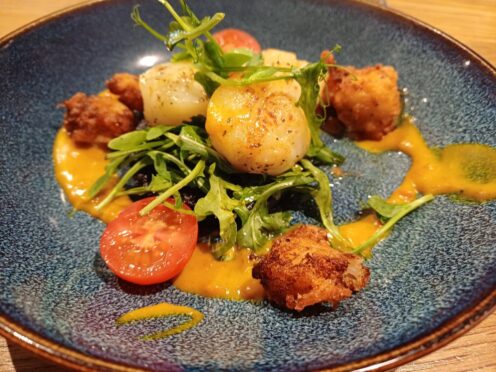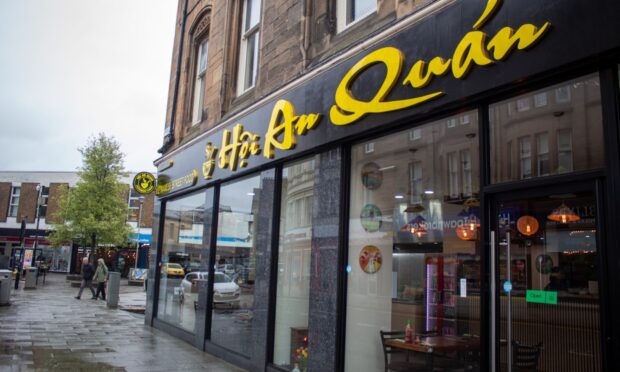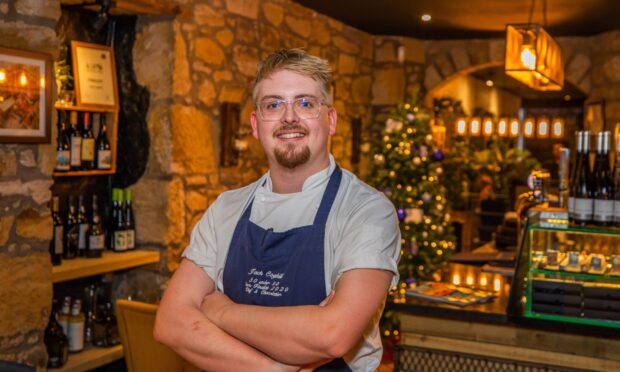In this weeks food behaviour piece I interview The Perthshire Foodie about how social media affects his daily life, and the impact it has on his food choices.
For Dave Reilly, known to many as The Perthshire Foodie, food and drink is more than just a basic physiological need.
When not working, Dave spends his time trying new recipes, creating picture perfect content for his Instagram feed, and promoting his hobbies including his artwork and photography.
But what does it mean to be a foodie influencer in the digitally dominated world we find ourselves in today?
And how easy is it to become one? Can anyone do what influencers do? Or, is there an art to inspiring, educating and motivating people to discover more about their local food and drink scene?
I caught up with Dave to find out more…
So Dave, do you think social media influences the way people eat?
Yes, it does, especially for people if they are visiting a new area or a new town.
I frequently get messages from people who are visiting the Perthshire area or Scotland in general asking for recommendations for any places to try.
You can use them like local tour guides and I do that when I go to a new place. I use Instagram to see if there are any good food accounts in the area, and I’ll message them or have a look at their Story highlights.
Does it affect what you would eat?
Yes, especially if it is an area I haven’t been to before.
If it is eye-catching food, I am more likely to click on that post and have a look at it.
It affects what I order in the sense that I look at more styles of food that I would not have previously.
I feel it makes me more adventurous as well.
How important is the look of the food?
There are definitely restaurants who target foods because they are trending and look good on social media. For example, beer buns because they look good when they are all dressed up.
It has definitely grown in impact over time and it is more favoured now, so it is definitely very important, but it needs to taste good as well.
If it tastes rubbish, you may get an influx initially but it will fall out of fashion again when people realise it doesn’t taste good.
Does every dish need to be picture perfect?
There is some food I’ll make and I will pay more attention to the presentation than I would have before I had an Instagram account.
Making sure it’s not all the same colour, or spending more time on the garnishing or finish of it.
But there are also times where I do fancy noodles and I know it isn’t going to look good.
Does this create any levels of streFood Bess on you?
If I know it has got potential to look good, I will spend time on it.
But sometimes if I just want a simple meal, I am not going to stress too much about it.
This article is part of an ongoing series where topics around food and drink and behaviour will be discussed.
If you have any suggestions on topics you would like to read about, please provide your suggestions in the submission form below.
Mariam Okhai is a food and drink journalist who also researches food behaviour.
She has a Masters in Behavioural Science for Management from the University of Stirling. Her undergraduate degree was in Psychology and Business Economics with Marketing.
She is also a certified habit coach.
You can find out more about her research on her Behavioural Foodie website.
